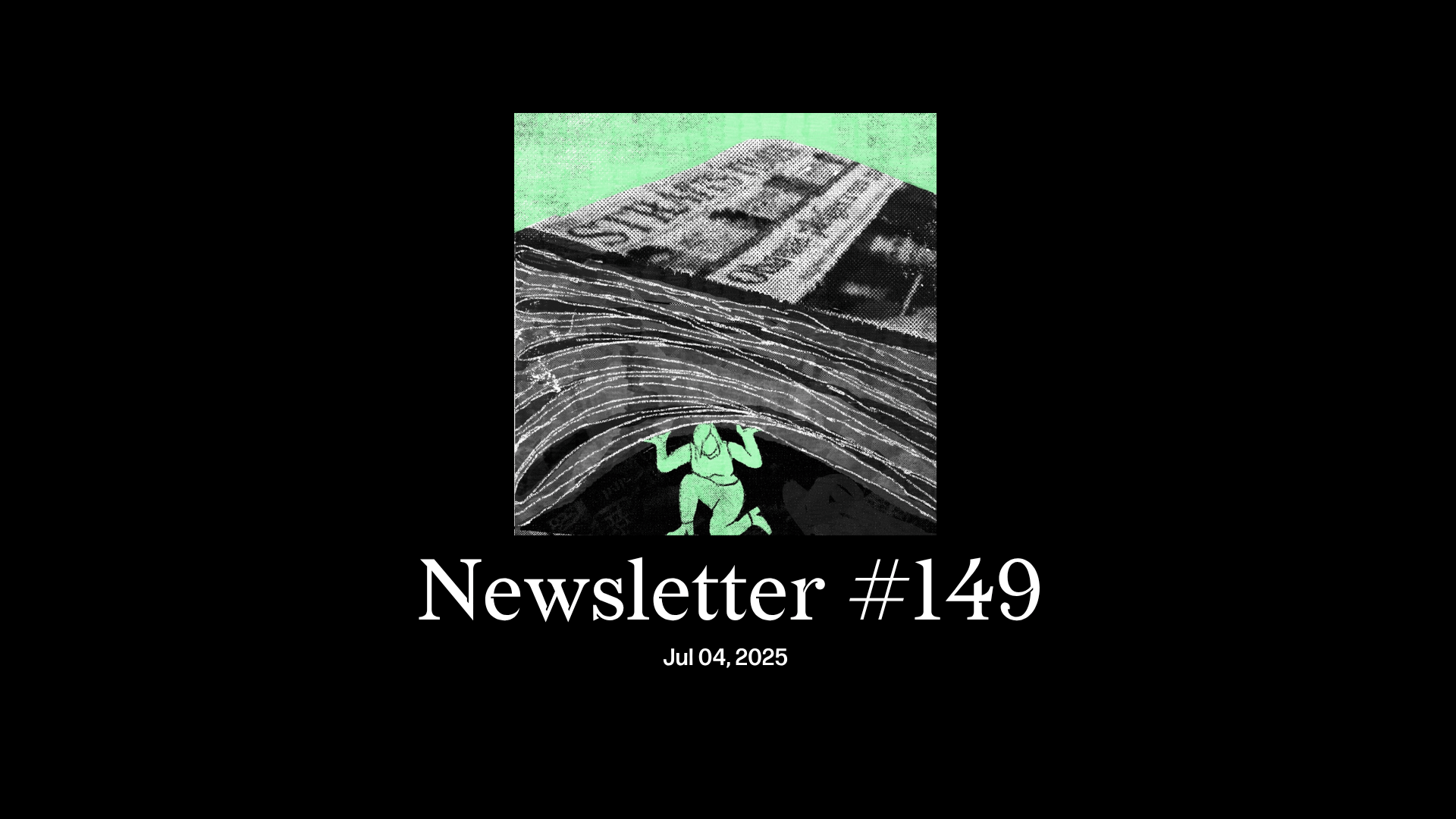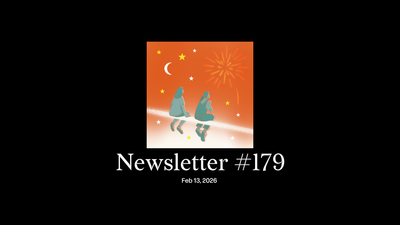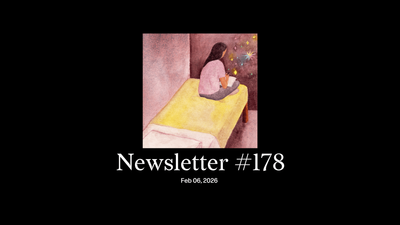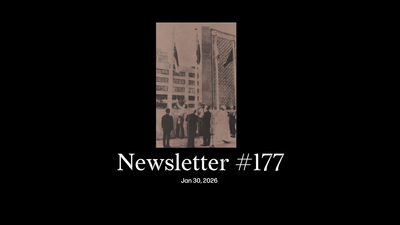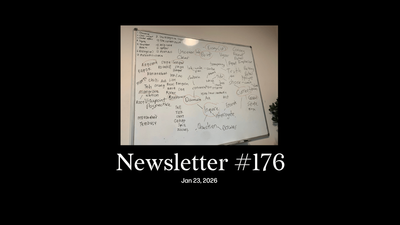Dear reader,
Welcome to the second half of 2025. And remember to stay in your lanes. This week, Singapore began enforcing pedestrian-only paths, with errant cyclists and users of mobility devices liable for a fine or even jail. The trial began for three women who allegedly organised a procession outside the Istana without a permit, leading a group of some 70 pro-Palestinian sympathisers holding watermelon-motifed umbrellas, presumably frightening poor Tharman and his Gurkhas. And Pritam Singh, Workers’ Party (WP) chief and leader of the opposition, was chided by the ruling People’s Action Party for appearing on a Malaysian podcast (prompting a WP response).
It’s comforting to know that our public servants are vigilant about these nefarious threats.
- How might the brawl between insurers and private hospitals affect patients?
- The Orwellian surveillance of security guards
- Ho Ching’s Anglophilic reading of history debunked
- Why the effective banning of “Homepar” will cripple important drug discourse
- Info-Tech Systems, a case study in slow, sustainable start-up growth
And more, in our weekly digest. Read it now.
Jom is hiring! We're looking for a part-time community manager, who will be responsible for ensuring that Jom’s readers and followers are taken care of. The application deadline is July 11th.
Jom Cakap: The Burning Earth. Yale’s Sunil Amrith in conversation with Jom’s Faris Joraimi. We’re full, tickets went in a matter of hours. My apologies to those who didn’t get one.
Essay: “Regardless of language, gender and worldview: the road to trans-inclusive reporting” by Ellis Ng.
Why must we use new words? Last time we could use that term; why now cannot? How come they can say but I cannot?
A challenging aspect of entering middle age is grappling with the evolution of the language we thought we knew. More so in a time fraught with “culture wars”, supercharged by frenzied and polarising debates on social media. Words have meaning, and power, and while we each understand that at some primordial level, our motivation to keep pushing ourselves towards a more enlightened discourse is often strained by some suspicion of leftist overreach. Aiyah, they’re being too sensitive.
Just a few weeks ago, I was hanging in a group that spanned the generational spectrum from Boomer to Gen Z. The Boomer dad and his Gen Z daughter were debating if or when it might be acceptable to say the “N” word. He shocked her by citing the slur, as a sort of meta provocation, during our discussion about its use. Perhaps predictably, attitudes towards the term cleaved along the generational divide. But it was all civil and healthy, and the older people in the group, myself included, came away learning something about care and sensitivity from the younger beings in our midst.
It is this inter-generational divide that Ellis Ng (she/they), a transgender journalist, deploys to depict the linguistic struggles their community faces. Ellis opens with a conversation with their dad.
“‘Did you know that Elon Musk’s son…is just like you?’ It’s a rainy Sunday afternoon when my dad springs this question on me…
‘Well, it’s weird that there’s more transgender people now.’
I pause, and ponder what he means. A strange courage wells up within me; I will not let him misgender Vivian Jenna Wilson, even though he still calls me his son or 弟 (di).
‘Daughter,’ I say.
‘Son.’
‘Daughter,’ I repeat.
‘Child.’
The compromise lands awkwardly as my sisters return with fresh fruit. I put the car into drive, and we make our way to the temple to pay respects to our mother on her death anniversary. The topic is dropped.”
The father-“child” relationship, with all its love, contradictions and complications, is the emotional string that ties together Ellis’s wonderful exposition of trans-inclusive reporting, and the broader universe of language. It is a story that takes us from 1980s debates in The Straits Times to contemporary slurs at Shin Min Daily News, from the work of Gina Chua, arguably both the most senior Singaporean journalist and the most senior transgender journalist in the world, to that of Shobha Avadhani, senior lecturer in digital media cultures at NUS.
“But how does all this concern me?”, you might wonder. Well, the transgender community is probably one of the most persecuted in the world, and so it’s incumbent on us all, and our humanity and inclusivity, to understand their struggles. But much more than that, whenever I speak with my transgender friends, as I did at Pink Dot last Saturday, or read their work, as I had the pleasure of doing this week, I always learn something about myself, about the world, and about a future where individuals do not have to be defined by their gender.
Jom belajar,
Sudhir
Editor-in-chief, Jom
Behind Jom’s art, with Charmaine Poh
At first, we had wanted to commission a text-based piece to complement Ellis’s essay on misgendering in the media. But a closer reading revealed another direction, that of Ellis’s experiences at home, encountering first-hand how the media shaped the prejudices in her family. Wan Xiang is an artist and illustrator whose textured, craggy line work offers an aesthetic parallel to the difficult, complex feelings of growing up different. Its rawness is a balm to what philosopher Byung-Chul Han calls the “smoothness” of capitalism that has pervaded society. Through Wan Xiang’s work, the viewer is encouraged to sit with necessary discomfort.
If you’ve enjoyed our newsletters, please scroll to the bottom of this page to sign up to receive them direct in your inbox.


